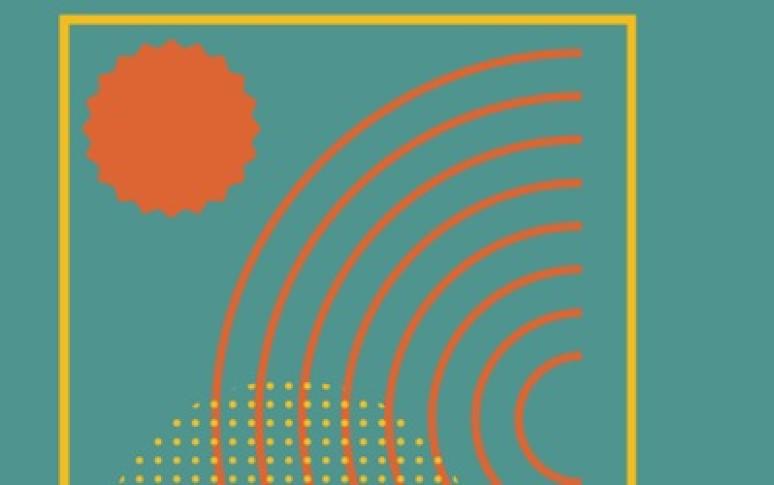
Twenty years after the adoption of the Tunis Agenda, the challenge before us is not just to bridge the divides in Internet access and Information and Communication Technologies. It is equally about the spectre of digital inequality. The dividends of digital innovation are increasingly concentrated in the hands of a few powerful corporations and countries. Social media platforms have failed to democratize voice, and digital marketplaces have largely benefited just a few players. We must face up to the fact that contrary to early expectations, the connectivity revolution has not been an equalizer.
The Global Digital Justice Forum’s comments to the WSIS+20 zero draft seek to inform the WSIS+20 outcome document of the vital nuances that capture the reality and expectations of the majority. An optimistic approach can still be pragmatic but only if attentive to the unease and aspirations of those in the margins; those hopeful of a better digital tomorrow. This must first honestly acknowledge that a profit-centric technological revolution has failed to open up pathways for a people-led, inclusive and development-oriented information society. This mainstream digital paradigm must be replaced by an alternative public technological paradigm that distributes the innovation dividends of the data and AI revolution.
Unfortunately, the WSIS+20 zero draft offers only a patchwork analysis – an overly-optimistic reading of what has worked, without a coherent structural analysis of digital injustice today. The text therefore needs to grapple with the challenges confronting digital democracy and to give power to the possibilities latent in alternative digitalities. We believe that much remains to be done in this direction to ensure the document is fair to the present in order to be fit for the future.